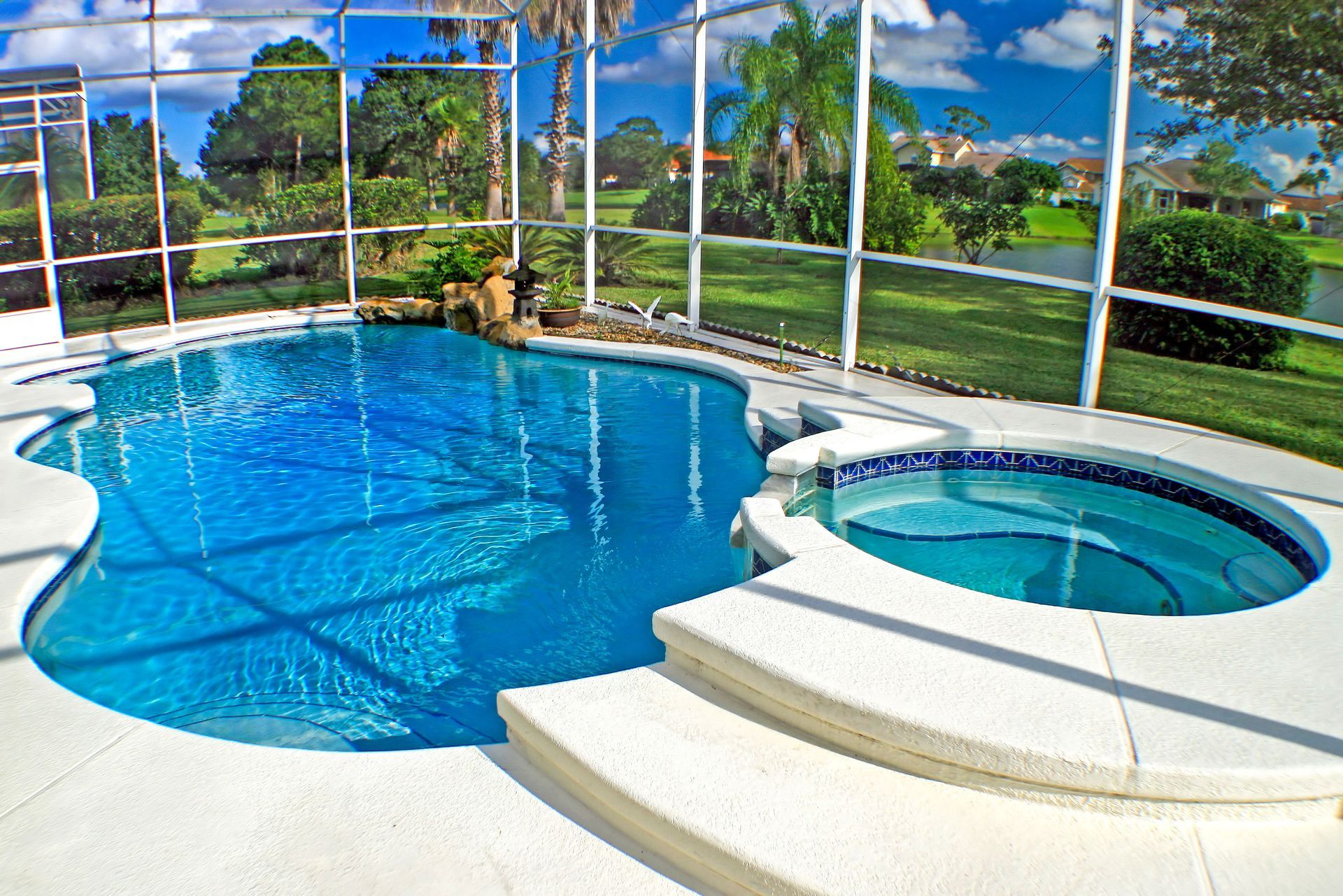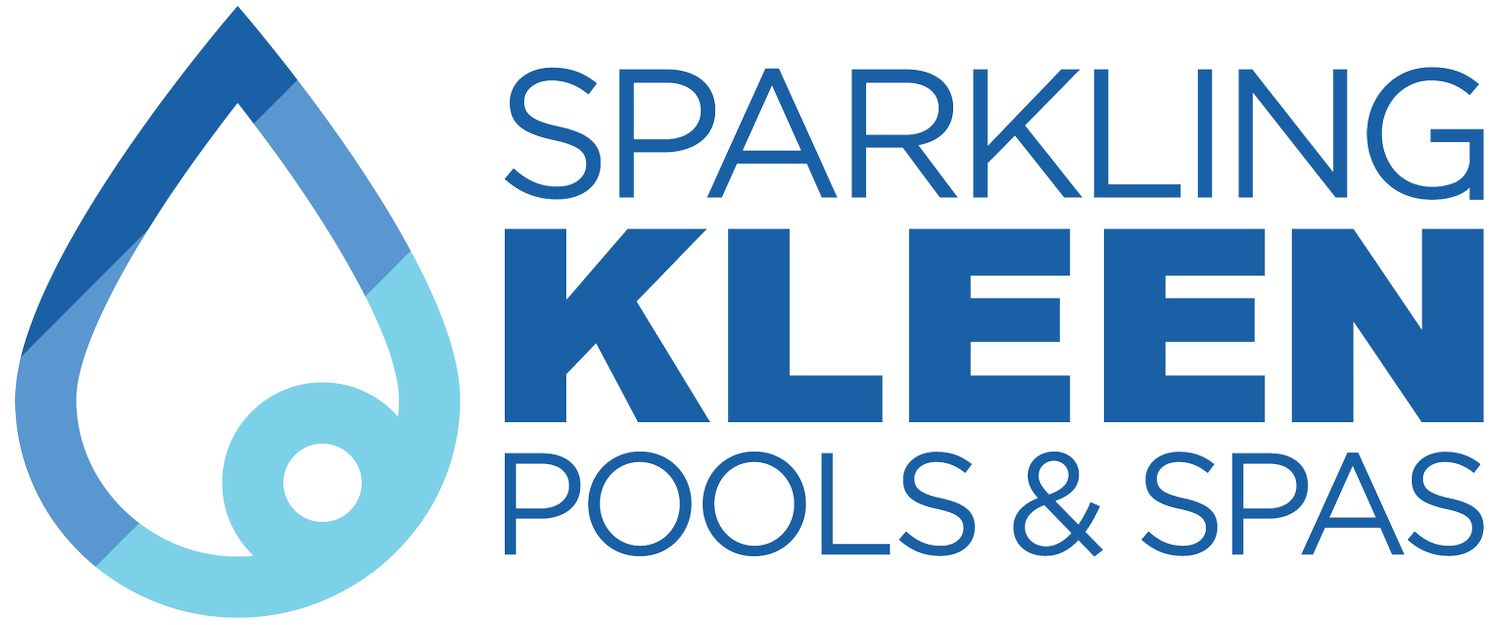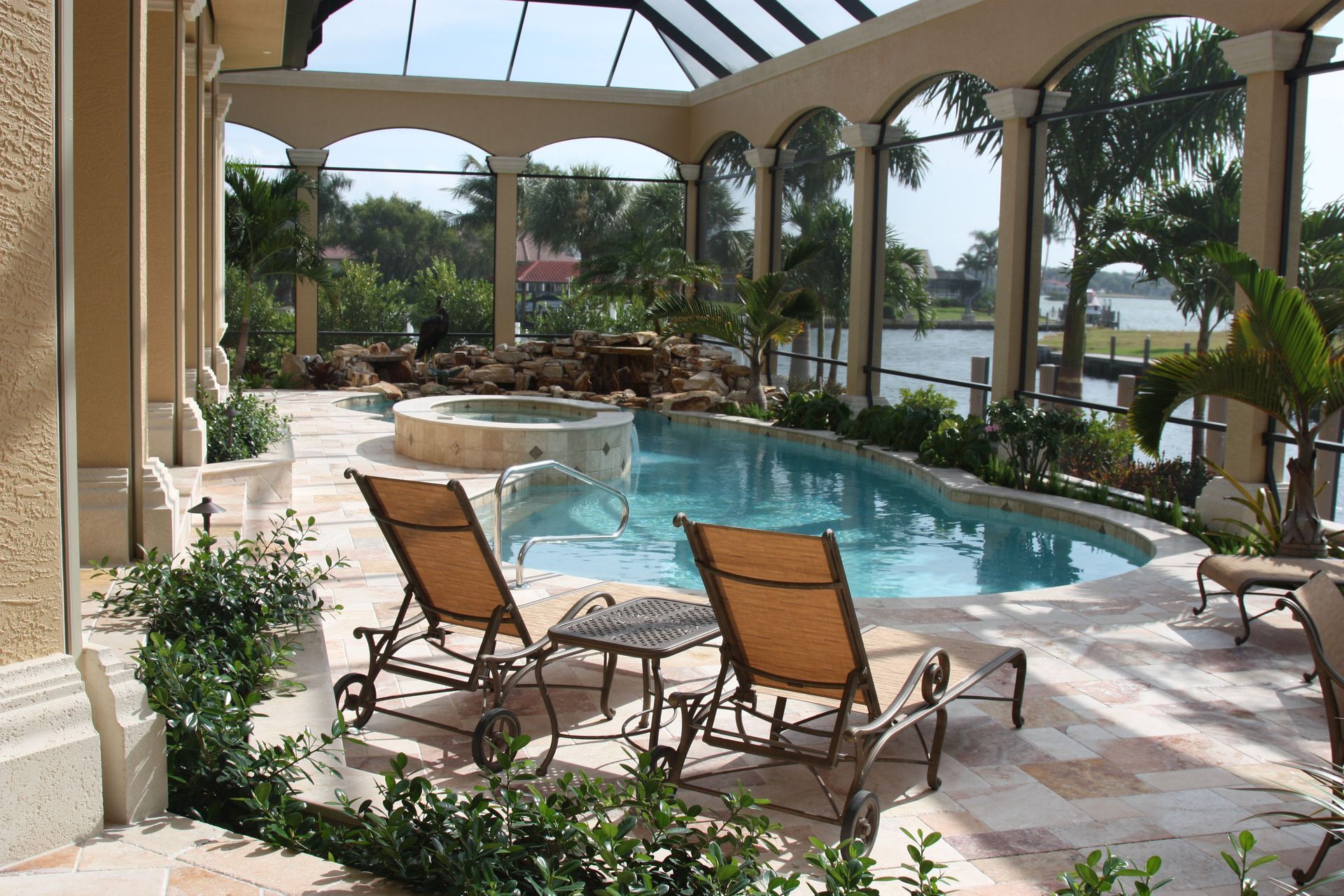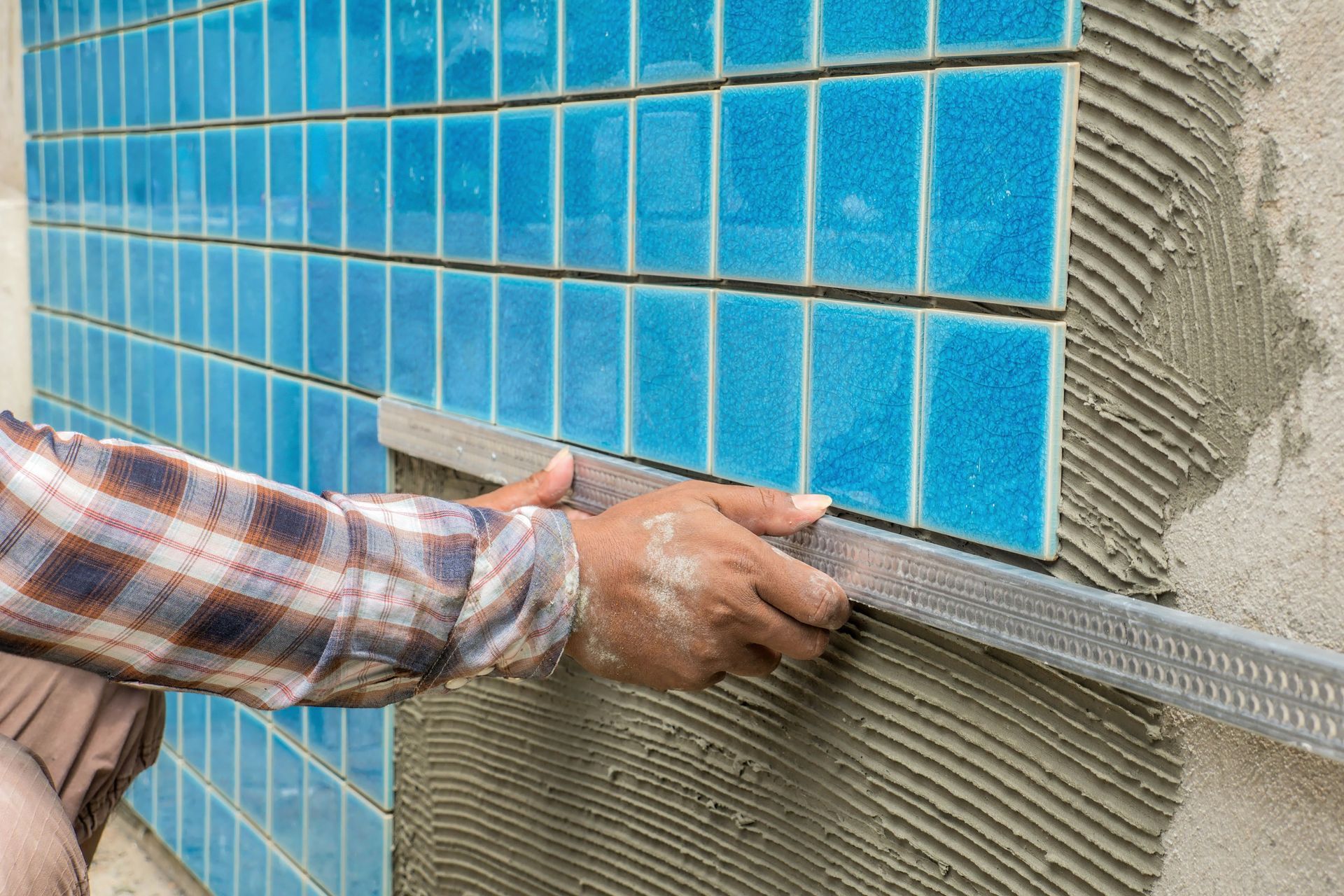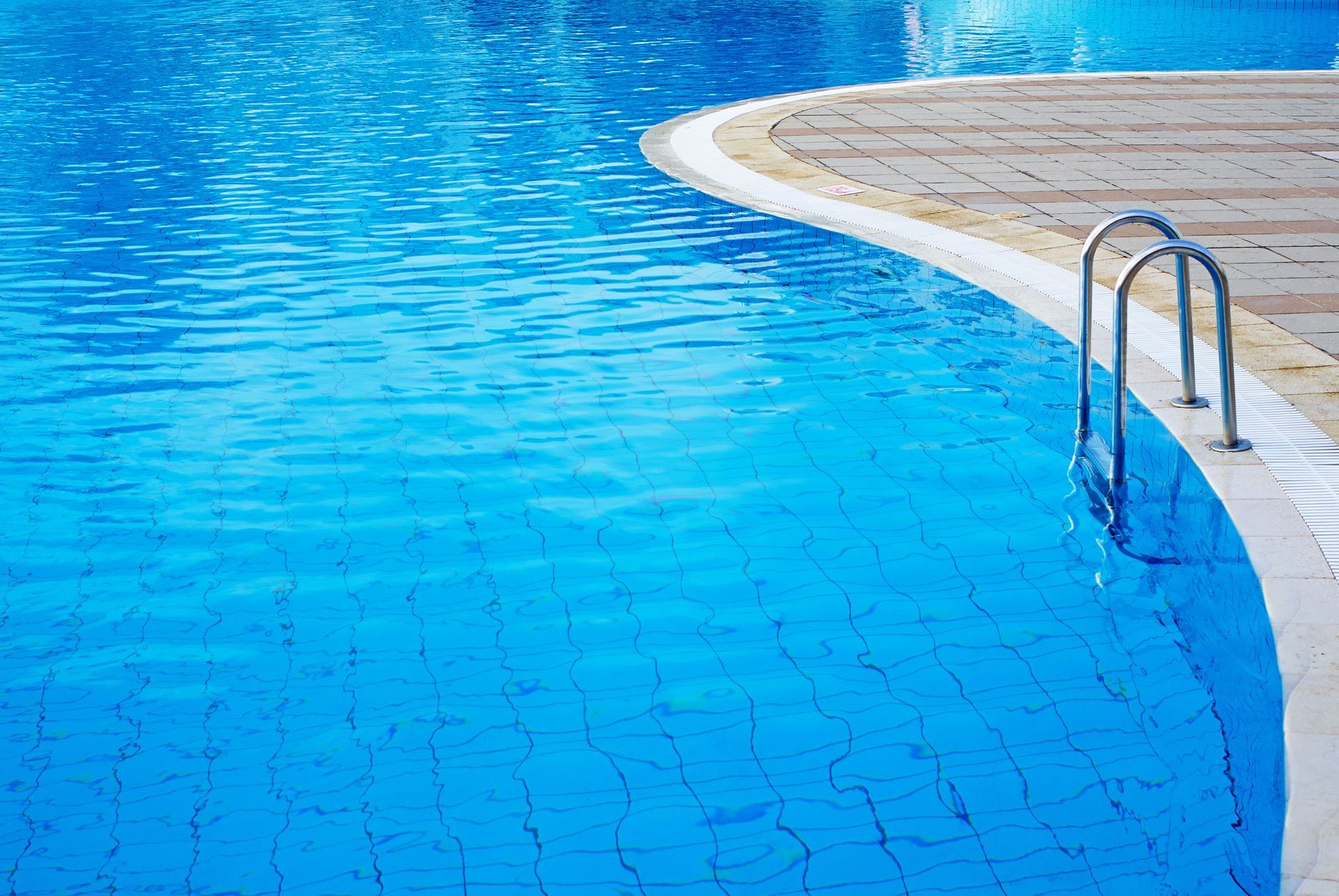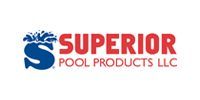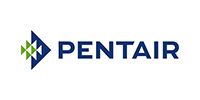September 25, 2025
Choosing the right swimming pool for your home is an exciting but complex decision. With so many options in pool types, designs, materials, and features, it can be overwhelming to determine which choice best fits your lifestyle, property, and budget. From cost considerations and space planning to aesthetics and environmental impact, each factor plays a crucial role in creating the ideal backyard retreat. This guide will break down the most important elements to consider, helping you navigate the decision-making process with confidence. Whether you are seeking a family-friendly oasis, a fitness-focused lap pool, or a luxurious spa-style experience, using local pool builders to understand the options available can make your investment both enjoyable and enduring.
Understanding Your Budget
Budgeting is often the first and most critical step when planning a swimming pool. Pools vary significantly in initial costs depending on type and material. Inground pools generally require a higher upfront investment compared to above-ground alternatives due to excavation, construction, and design customization. However, thinking long-term can reveal additional value. A well-maintained inground pool can enhance property value and provide decades of enjoyment. Assessing the trade-off between immediate expenditure and long-term benefits ensures your pool project is both financially sound and rewarding.
Ongoing maintenance represents a considerable part of your total pool expenses. Concrete pools may demand more intensive care due to their porous surfaces, which can harbor algae and require refinishing. Vinyl and fiberglass pools typically need less frequent upkeep, but repairs can be costly if the liner or shell is damaged.
Financing options, such as home equity loans or company-specific payment plans, can help manage upfront costs. Comparing interest rates and repayment terms ensures your financial plan aligns with your goals. Additionally, cost-saving measures like energy-efficient pumps, pool covers, and considering above-ground alternatives can significantly reduce ongoing expenses.
According to This Old House, the three primary in-ground pool types are vinyl liners, fiberglass, and concrete. Each has unique cost implications. Concrete pools offer durability and customization but require higher maintenance. Fiberglass pools are quick to install and generally lower maintenance, though they offer less flexibility in shape. Vinyl pools provide a smooth surface and moderate cost but require periodic liner replacement. Understanding these differences helps you align your pool choice with your budgetary priorities, and in turn, will allow you to communicate better with local pool builders.
Assessing Space and Location
Selecting the right location and size for your pool is essential for both practicality and aesthetics. Accurate yard measurements are crucial in determining what pool sizes and shapes will fit comfortably. Allowing enough space for maintenance, access, and landscaping ensures the pool integrates seamlessly into your property. Precise planning prevents overcrowding and helps maintain visual harmony.
The location of your pool affects enjoyment, maintenance, and energy costs. Using local pool builders to place a pool near patios or entertainment areas encourages social interaction, while positioning it in sun-drenched areas can reduce heating expenses. Conversely, proximity to trees may increase debris accumulation, requiring more frequent cleaning. Balancing these factors ensures both convenience and long-term satisfaction.
Local zoning laws and building permits govern pool installation. Rules regarding property boundaries and safety standards must be followed to avoid legal issues. Working with professionals or local authorities early can streamline this process, guaranteeing a compliant and safe pool installation.
Deciding between an indoor or outdoor pool depends on climate, usage, and personal preference. Indoor pools allow year-round use but involve higher construction and maintenance costs. Outdoor pools provide natural ambiance and are generally more affordable to install. Understanding the advantages and limitations of each setting ensures your pool complements your lifestyle.
Choosing Pool Design and Materials
The design and materials of your pool determine its durability, aesthetics, and maintenance requirements. Inground pools offer permanence, customization, and increased property value but require significant investment and longer installation times. Above-ground pools are cost-effective, easier to install, and ideal for temporary or flexible setups. Deciding between these types requires weighing budget, installation time, and desired longevity.
Concrete, vinyl, and fiberglass pools each present distinct benefits. Concrete allows customization and durability but demands high maintenance. Vinyl provides a soft surface and lower initial cost, though liners require replacement. Fiberglass is low-maintenance, durable, and quick to install, though it offers limited shape options. Choosing the right material is critical to balancing cost, upkeep, and aesthetics.
Custom shapes, infinity edges, and landscaping integration create a unique and harmonious pool environment. While custom designs can enhance property appeal, they often increase costs and construction time. Aesthetic considerations such as tile choices, lighting, and surrounding materials ensure the pool reflects personal style while complementing the home’s overall design.
Identifying Pool Usage and Features
Understanding how you intend to use your pool guides the selection of features and accessories. Family-friendly pools may include shallow wading areas, slides, and splash pads, while gradual entries and built-in seating promote comfort for all ages. Safety elements such as fences, alarms, and non-slip surfaces are essential for preventing accidents. Properly designed family features ensure the pool is both fun and secure.
For fitness enthusiasts, lap pools provide a dedicated space for swimming exercise, often featuring elongated rectangular designs and resistance jets. With the help of local pool builders, these pools cater to health-conscious individuals seeking convenience and private workout opportunities at home.
Spa and recreational add-ons can transform a pool into a personal retreat. Features like hot tubs, massage jets, and ambient lighting enhance relaxation, while diving boards, basketball hoops, and swim-up bars add entertainment value. Thoughtful planning ensures these features enhance enjoyment without compromising safety or maintenance. Prioritizing safety with pool covers, fencing, and alarms protects users while minimizing liability risks, offering peace of mind for families and guests alike.
Considering Climate and Environmental Impact
Environmental considerations influence both comfort and sustainability. Proper heating systems, such as heat pumps and solar covers, extend seasonal pool usage in cooler climates, while solar heating is ideal in sunny regions. Efficient temperature regulation enhances enjoyment and reduces energy costs.
Selecting sustainable materials and technologies, such as LED lighting, saltwater systems, and solar filters, minimizes environmental impact. Eco-friendly options reduce chemical use, conserve energy, and create a healthier swimming environment. Water conservation techniques, including rainwater collection, efficient filtration systems, and timers, further reduce waste. Educating swimmers about responsible pool use promotes sustainability.
Seasonal maintenance is essential to preserve pool condition and equipment longevity. Winterization prevents freeze damage, while summer maintenance ensures proper chemical balance and cleanliness. Regular inspections and proactive care safeguard your investment year-round.
Navigating Installation and Maintenance
Successful pool ownership depends on proper installation and ongoing maintenance. Working with certified professionals ensures quality construction, adherence to safety standards, and avoidance of costly mistakes. While DIY installations can save money, hiring experienced local pool builders guarantees expertise, tools, and knowledge for a seamless outcome.
Routine maintenance, including cleaning, chemical balancing, and equipment inspections, preserves water quality and extends pool life. Investing in equipment such as robotic cleaners, automated filtration systems, and safety covers makes upkeep easier and more efficient. Early troubleshooting of leaks, equipment malfunctions, or chemical imbalances prevents costly repairs. Experienced local pool builders can also provide guidance on maintenance strategies and equipment selection, ensuring your pool remains in top condition for years to come.
Selecting the right swimming pool requires careful consideration of budget, space, design, features, climate, and maintenance. Evaluating your financial capacity, assessing your property layout, and prioritizing personal preferences ensures a pool that aligns with your lifestyle. Incorporating family-friendly elements, eco-conscious materials, and safety measures enhances both enjoyment and peace of mind.
Partnering with experienced local pool builders guarantees professional guidance through every step, from design and installation to maintenance and troubleshooting. By planning thoughtfully and relying on skilled experts, you can transform your backyard into a functional, beautiful, and lasting retreat. For expert pool services that bring your vision to life, trust Sparkling Kleen Pools & Spas to design, build, and maintain the perfect pool for your home. Contact us today and start creating the ultimate backyard oasis.
